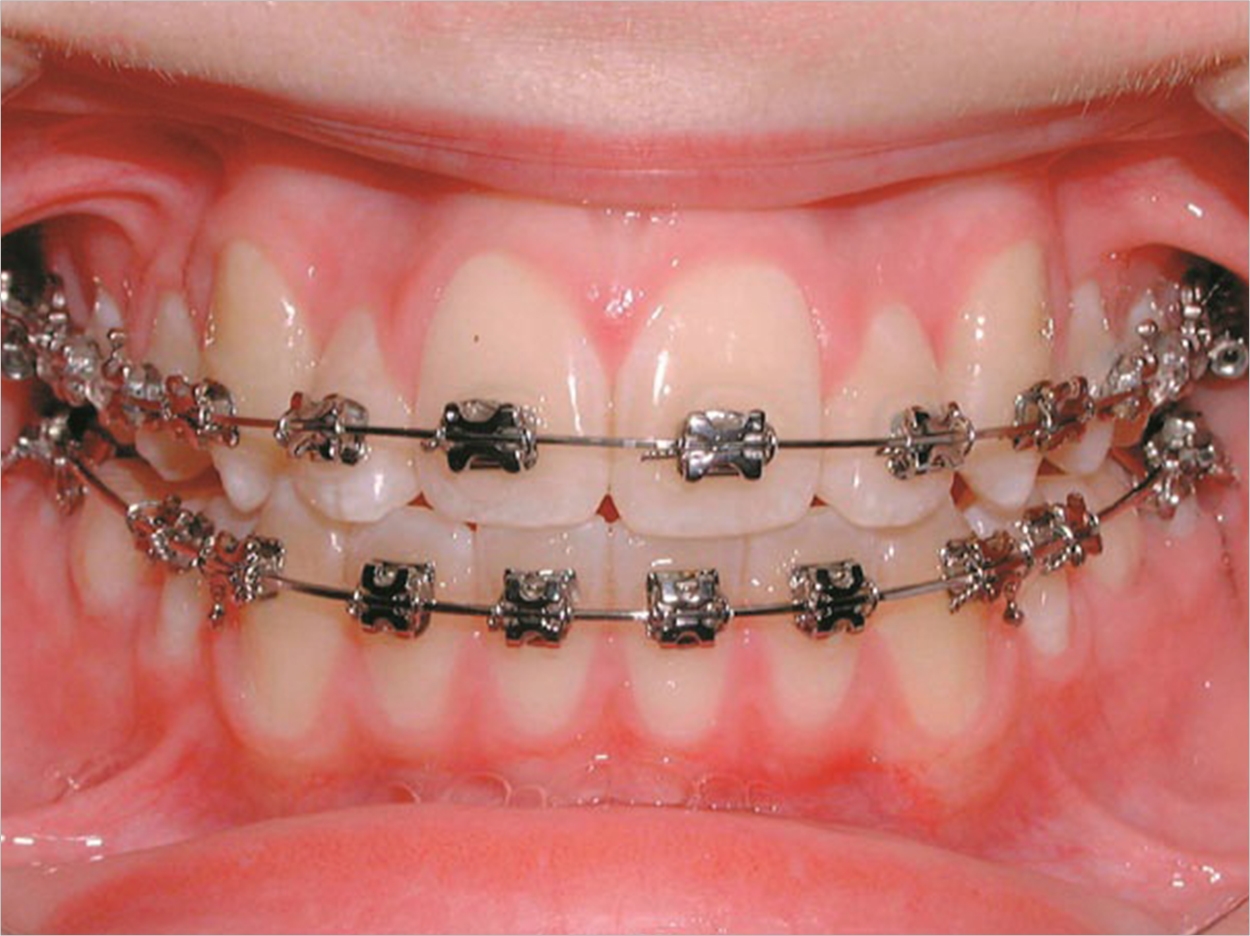
Obesity can influence the supporting tissues around teeth during orthodontic treatment with fixed braces among adolescent patients, according to the King’s College London Dental Institute. Its research has demonstrated increased levels of inflammatory biomarkers within the gingival tissues of obese patients prior to orthodontic treatment and a different response in this cohort during early tooth alignment compared to normal-weight patients.
The prospective clinical cohort study comprised 27 male and 28 female adolescents with an average age of 15 years. The subjects were followed from the start of their treatment to completion of tooth alignment with fixed braces. They also were classified as normal-weight or obese based upon their body mass index (BMI). The obese subjects had a mean BMI of 30.2 kg/m2, and the normal-weight subjects had a mean BMI of 19.4 kg/m2.
During the treatment period, the obese patients had a significantly increased rate of initial tooth movement and required less time to achieve tooth alignment compared to the normal-weight patients. Also, the researchers observed a pro-inflammatory state within the gingival tissues of obese patients before treatment that was associated with more rapid initial tooth movement in the group.
These findings demonstrate that obesity can significantly affect the oral tissues, according to the researchers. With epidemic proportions in Western societies, the researchers added, obesity represents a major healthcare challenge because of the associations between higher BMI and multiple chronic diseases. Obesity also is considered a chronic inflammatory disorder caused by the presence of excess fat.
This is the first study to identify differences in orthodontic treatment response between obese and normal-weight patients, the institute notes, demonstrating that obesity can affect the dentition at both the biochemical and clinical level. The researchers also indicate that these differences may have important implications for orthodontic treatment outcomes over the short and long terms for obese patients.
The study, “Impact of Obesity on Orthodontic Tooth Movement in Adolescents, a Prospective Clinical Cohort Study,” was published by the Journal of Dental Research.
Related Articles
Brace Yourself for DIY Orthodontia











